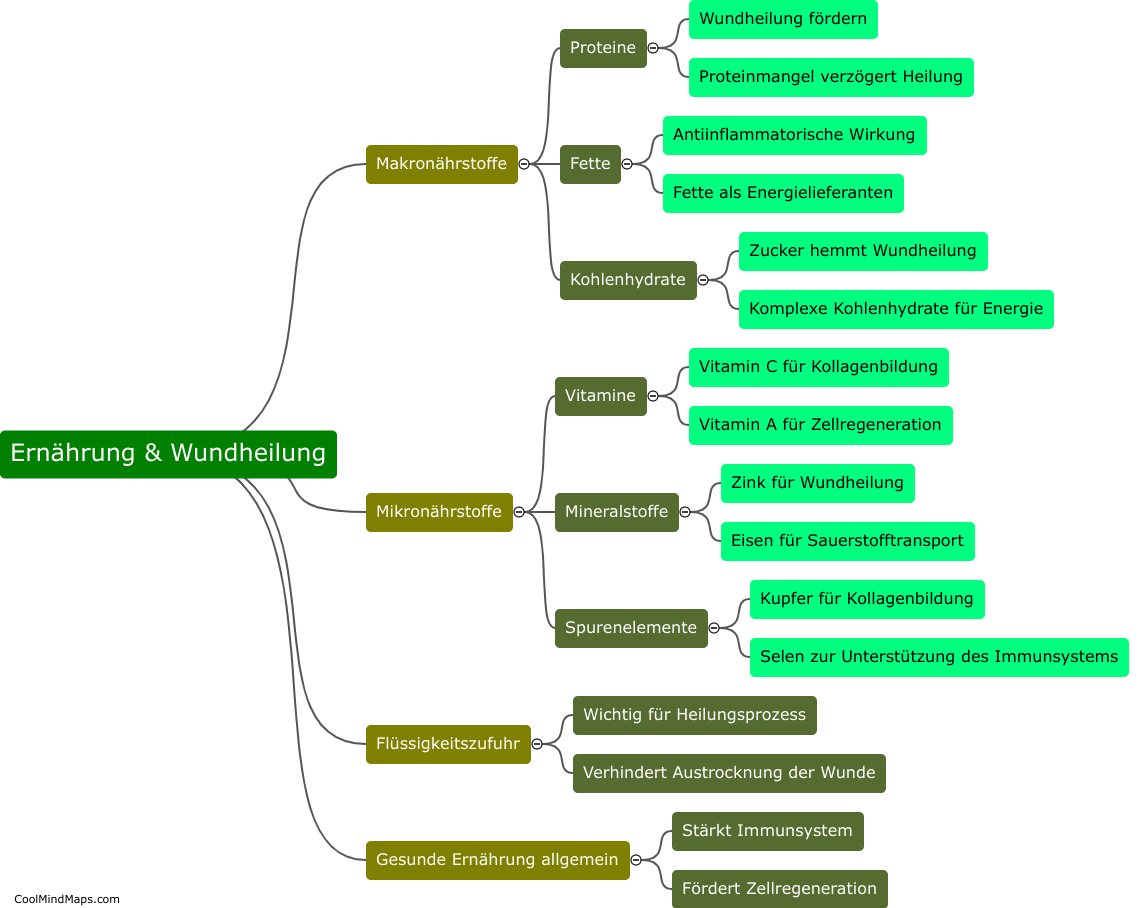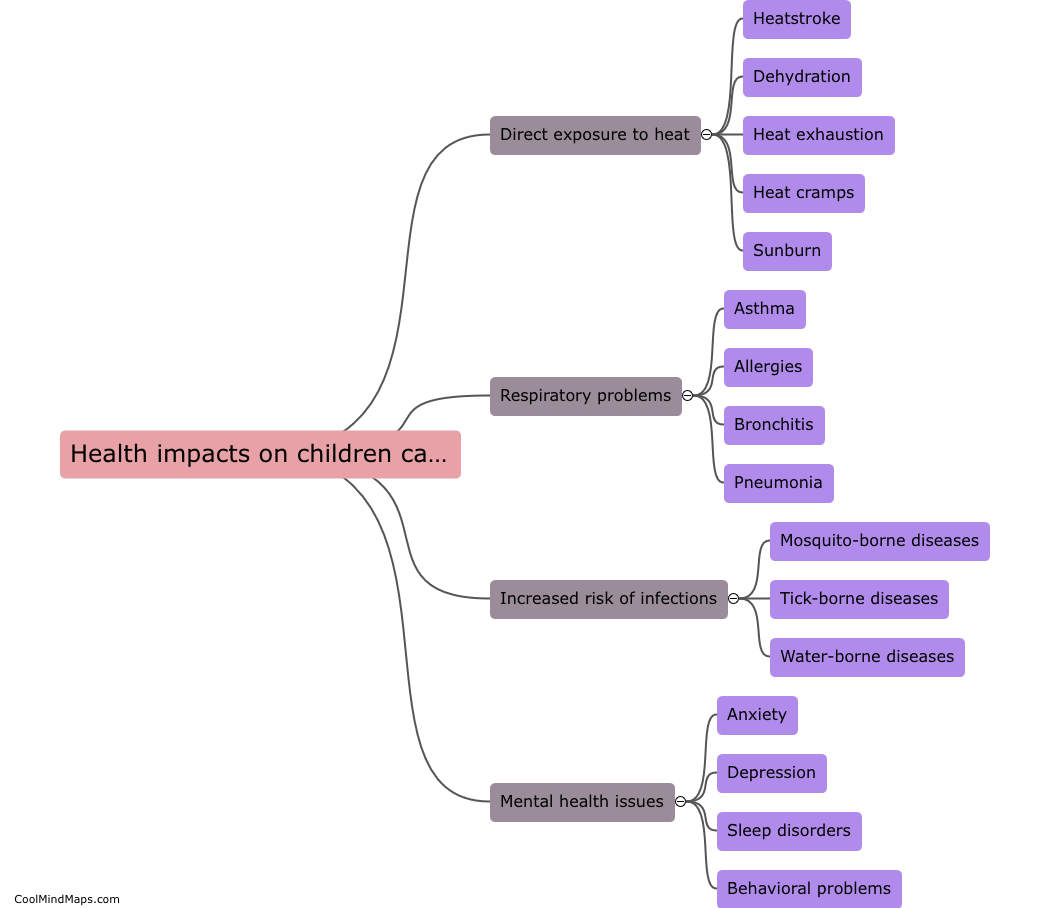How does nature in landscapes impact children's development?
Nature in landscapes can have a profound impact on children's development. Numerous studies have shown that exposure to natural environments, such as parks, forests, and gardens, can benefit children's cognitive, emotional, and physical well-being. Interacting with nature allows children to engage their senses, stimulating their curiosity and creativity. It also provides opportunities for unstructured play and exploration, fostering their problem-solving and decision-making skills. Furthermore, nature in landscapes has been linked to improved attention spans, reduced stress, and increased overall happiness in children. It promotes physical activity and helps develop a sense of connectedness to the natural world, leading to a greater appreciation for environmental stewardship and sustainability.

This mind map was published on 19 November 2023 and has been viewed 86 times.











